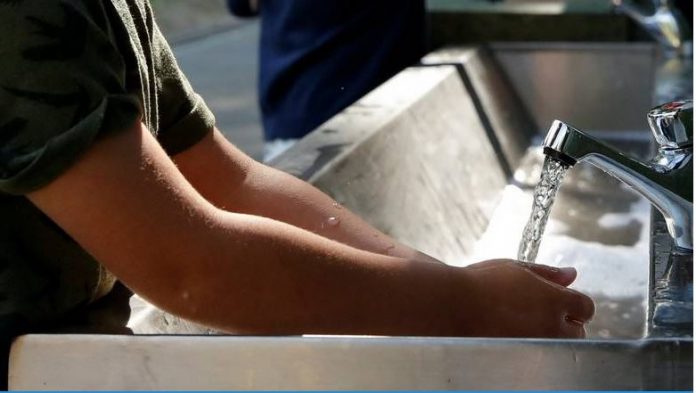The condition is believed to be extremely rare, but there are concerns about long-lasting coronary damage.
Children with Covid-19 who develop dangerous inflammation similar to Kawasaki syndrome are suffering from an entirely new disease, warn researchers.
Kawasaki disease is a syndrome of unknown cause that results in a fever and mainly affects children under 5 years of age. It is a form of vasculitis, where blood vessels become inflamed throughout the body.
In April, researchers in the UK and several European countries with high numbers of Covid-19 cases recognised a new inflammatory syndrome in children that was similar to Kawasaki disease, a rare syndrome known to affect young children.
Now in the study published in the Journal of the American Medical Association, researchers have identified the main symptoms and clinical markers of the new syndrome. The condition, which the researchers have named ‘Paediatric Inflammatory Multisystem Syndrome Temporally’ associated with SARS-CoV-2 (PIMS-TS), was studied in 58 children admitted to eight hospitals in England.
The condition is believed to be extremely rare, but there are concerns about long-lasting coronary damage.
Less than 200 cases have been reported in England with a range of symptoms and severity and most children have already recovered.
“The new condition, PIMS-TS, is extremely rare but it can make a child very ill, so it’s important to characterise the disease properly so we can provide close monitoring and the best treatment,” said study lead author Elizabeth Whittaker from the Imperial College London.
According to the researchers, PIMS-TS appears to be more likely to affect older children than Kawasaki disease does (average nine years old versus four years old, respectively) and presents more often with abdominal pains and diarrhoea alongside the common features such as persistent fever.
Blood tests also show different results, with PIMS-TS patients showing more markers of inflammation and cardiac enzymes, which suggest the heart is under stress.
Kawasaki disease is known to damage the coronary artery in such a way that as the child grows the artery does not, leading to a reduction in the amount of blood that can reach the heart. Immune therapy is known to help alleviate these problems, so has been used on patients with PIMS-TS as well, although the research team said differences in the two diseases mean this needs to be investigated further and treatment should be carefully monitored.
While the team cannot say for certain that PIMS-TS is caused by Covid-19, 45 of the 58 children had evidence of current or past Covid-19 infection, and the researchers said the emergence of a new inflammatory condition during a pandemic is unlikely to be a coincidence.
The majority of children with indications of infection had antibodies for the new coronavirus, suggesting PIMS-TS happens after infection, potentially as a result of an immune system overreaction.
“Our analysis has shown that this is indeed a new condition. Untreated, there is a risk of severe complications in very unwell children, but with early identification and treatment, the outcome is excellent, with the children we are reviewing after discharge completely well,” said study researcher Julia Kenny,



